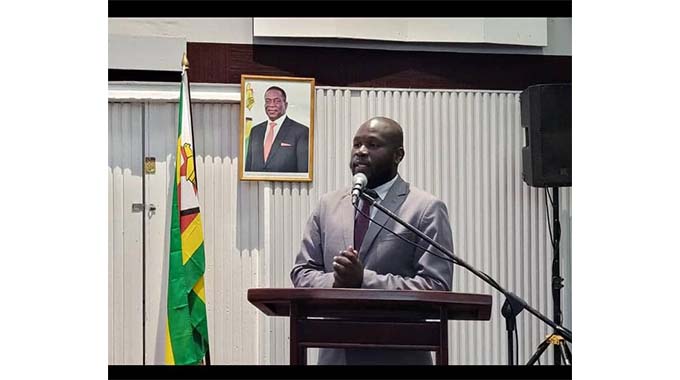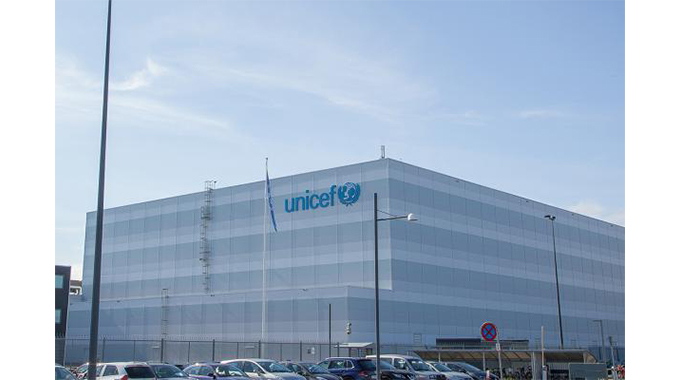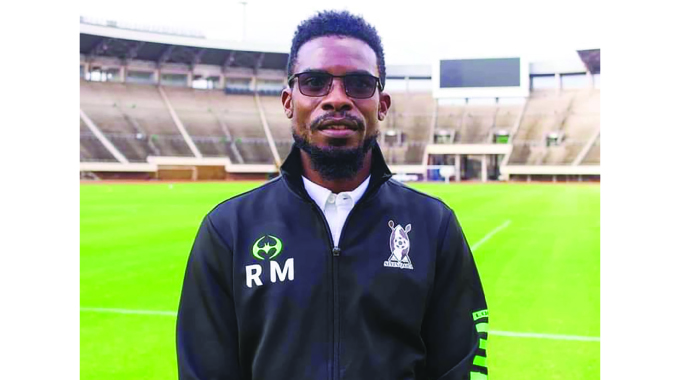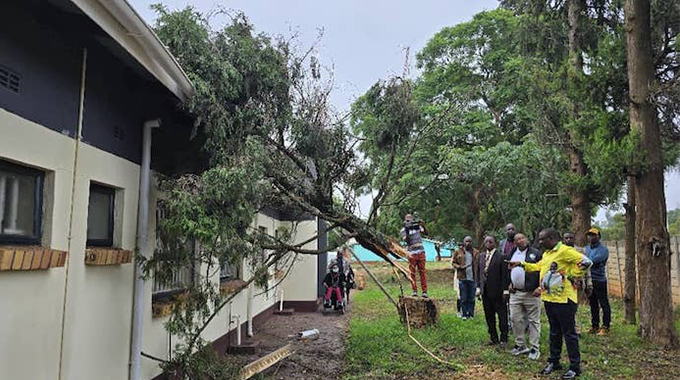WATCH: Fresh hope in the San community after Government interventions

Thandeka Moyo-Ndlovu – [email protected]
MS Shylet Magwayana made a bold decision in 2012 and followed her heart to one of the most neglected communities in Zimbabwe.
She moved to Tsholotsho District, Mtshina Village, Ward 10, which houses the San people.
Ms Magwayana knew the place was underdeveloped compared to other rural areas and that her in-laws would most likely prefer that she used the old way of survival including pounding mealie-meal using mortar and pestle.
After settling in with her family of five children, Ms Magwayana quickly noticed that in this village, none of the children were keen to go school and a majority of adults lived off menial jobs and peasant farming.
Despite the alarming poverty levels, Ms Magwayana also noticed that the whole community was at ease living without identification documents, which proved beyond doubt that the San community lived in a world of their own.
The community however got a shot in the arm last year when Government rolled out a mobile registration program for such communities with the aim of leaving no one behind as the country heads towards the achievement of Vision 2030.

Director of Social Development in the Ministry of Public Service, Labour and Social Welfare, Mr Tawanda Zimhunga
Besides the registration programme, the community recently had its inaugural chief installed and Government is implementing a number of developmental projects in the area to empower the San.
With technical support from Unicef and funding from the Government of Sweden, the programme reached a total of 6 645 children with birth registration assistance in Tsholotsho and Bikita against a target of 1 500.
Of those, 3 542 were initial registrations of children under the age of 16 years, 600 initial registrations for those aged above 16 years, 46 duplicate birth certificates for children under 16 years of age and 625 duplicate birth certificates were issued to persons aged above 16 years.
During the four-day campaign, Ms Magwayana also managed to get birth certificates for her five children aged 15, 12, nine, six and three.
“I came to this place 11 years ago and it was terrible but I quickly adjusted to my new way of life as I loved my husband dearly. Besides the somewhat backward means of production, I realised that not so many children were at school compared to Kwekwe where I came from and that was because everyone from children, adults and even white-haired elders had no registration documents,” said Ms Magwayana.
“We are grateful to the Government and Unicef as that registration programme has emancipated us from bonds of poverty and underdevelopment. Most of the children including my eldest son managed to write their Grade Seven final examinations after acquiring birth certificates.”
She said the registration programme also saw hundreds of community members having ID cards for the first time as many had lived for many years without the crucial documents.
“Years ago, we would easily send our children to go and work in neighbouring villages to get food but of late most of our youths have been recruited into the army and prison services so that we have a brighter tomorrow. Children never used to go to school but now with documents we know they will even go to secondary and even beyond as a way of fostering development in this community.”
The village head, Mr Madlela Maphosa said more than 400 villagers had benefited from the programme adding that only a handful of community members had no registration documents.
“As the San community, we are excited that we finally managed to register births and acquire ID cards. Honestly, we struggled to acquire these documents from the Tsholotsho office as we could not afford the R130 needed to board a bus from here to the registry office. We then resorted to living without but through the programme, we have been empowered,” said Mr Maphosa.
Director for Social Development Mr Tawanda Zimhunga said the registration programme had helped the community develop confidence even in their ability to foster development.
“The Government of Zimbabwe instituted a mobile registration exercise in Tsholotsho Makoti District last year and the Department of Social Welfare deployed social workers to be part of the registration system particularly to assist the vulnerable communities. In support of the community, child workers were identified and the vulnerable were assisted with transport to mobile centres,” he said.

Unicef
“For most communities accessing centres is difficult hence the Government with support from Unicef has provided an emergency fund to ensure they are able to register their children’s births.”
In a statement, Unicef said compared with other countries in the region, Zimbabwe has an advanced civil registration system, and with one standout technology: the capability to assign a digital identifier to each person which lasts for the duration of a citizen’s life.
“However, although Zimbabwe’s birth registration rates are rising, they are still low, with only 49 percent of the population being registered. In rural areas, this figure drops to 40 percent whereas in urban settings it stands at 69 percent. Across the country, unregistered children are almost inevitably the children of the poor and excluded. The provinces with a particularly challenging situation in terms of accessing national documentation, are Matabeleland and parts of Midlands, where death certificates of parents or guardians remain a challenge, resulting in generations of unregistered persons,” reads the Unicef statement.












Comments